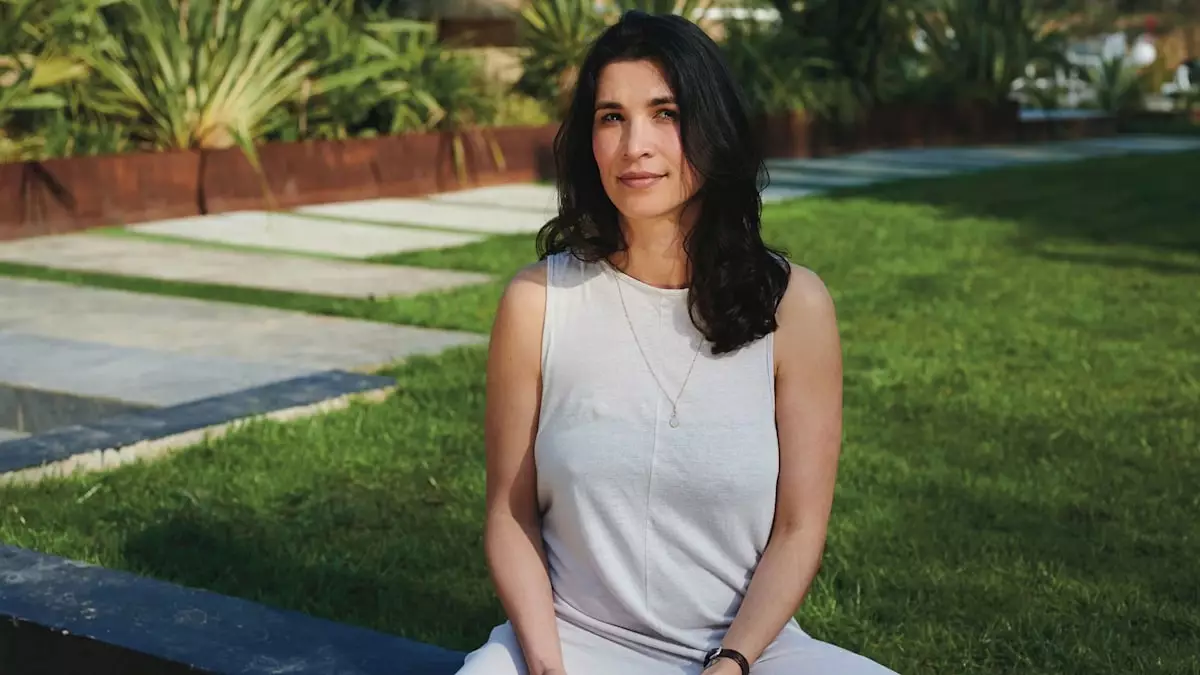In a world saturated with wellness trends, influencers, and seemingly unattainable health goals, many individuals find themselves paralyzed by what has come to be known as “wellness overwhelm.” It’s a term that resonates deeply, reflecting the daunting pressure to adhere to a perfectionist idea of health and well-being. As we delve into the wisdom of nutritionist Jo Woodhurst, we are reminded that wellness can— and should— be a more forgiving aspect of our lives.
The phenomenon of wellness overwhelm arises when individuals are bombarded by an endless stream of wellness routines and protocols promoted on social media, blogs, and even in daily conversations. Each scroll through Instagram can evoke feelings of inadequacy, as we compare our lives to curated notions of health and self-care that appear flawless. This cycle of comparison not only fosters anxiety but can also deter us from engaging in wellness activities altogether, leading to a sense of defeat when we feel we cannot keep up.
In her recent discussion with me, Jo Woodhurst emphasizes the need to detach from the notion of strict wellness routines and the consequent judgments we impose upon ourselves. By adopting a more compassionate and realistic approach to self-care, we can cultivate a healthier relationship with our own wellness journeys.
Jo’s introduction of “daily-ish” habits serves as a revolutionary shift in how we view wellness practices. Rather than adhering to rigid daily routines, this concept encourages individuals to integrate simple, manageable wellness actions into their lives with the understanding that it is perfectly acceptable to miss a day or two. Daily-ish habits recognize the unpredictability of life, allowing for flexibility and a break from the associated guilt of missing a wellness activity.
For instance, envision starting your day with a five-minute stretch. It’s a refreshing and approachable practice—until life intervenes with an alarm that fails to go off. In such a situation, those who commit to a strict daily routine might spiral into self-criticism; however, with the daily-ish mindset, the absence of that stretch does not define the value of their overall wellness efforts. Jo eloquently states, “Wellness isn’t about rigid perfection. It’s about consistency and making sure that you’re taking steps in the right direction.”
To further illustrate the daily-ish concept, Jo shares her own personal wellness practices that blend seamlessly into her everyday rituals. For her, hydration begins with a simple act—having a glass of water ready by her bedside. It’s become so habitual that she considers it second nature. This practice embodies the essence of daily-ish; it’s a small change that fosters well-being without overwhelming her.
Moreover, Jo identifies meditation as a transformative factor in her life. It provides clarity and a fresh perspective. While consistency in practice is important to her, she acknowledges that some mornings she opts for reading instead. The absence of guilt for missing a meditation session underscores the beauty of the daily-ish approach.
Jo also emphasizes movement, suggesting that any form of physical activity—whether it’s a brief stretch, a stroll during lunch, or a fitness class—qualifies as embracing wellness. The key here is to encourage everyday motion rather than fixating solely on length or intensity.
One noteworthy practice is her relegation of phone usage during the first and last hours of the day. This subtle change creates a space for mindfulness, encouraging individuals to engage in their mornings and evenings without the digital distractions that often cloud our mental clarity.
The notion of habit stacking emerges prominently in Jo’s routine. For example, adding collagen to her morning coffee serves as a practical and efficient way to enhance her wellness regime without adding additional time pressures. This form of integration cultivates a simplified yet effective method of embedding health into our everyday lives.
Ultimately, Jo advocates that wellness should fit into our lives rather than be an additional burden that adds stress. By adopting this philosophy, individuals can escape the cycle of unattainable wellness ideals and instead focus on realistic, sustainable practices that foster long-lasting well-being.
The future of wellness lies in cultivating an understanding that perfection is unnecessary. Jo Woodhurst’s daily-ish habits remind us that small, flexible wellness practices can lead to significant positive change without the accompanying pressure to conform to unrealistic standards. Embracing this gentler approach enables us to truly engage with our self-care practices, fostering a healthier and more enjoyable life amid the chaos of modern existence. In a world that often magnifies our shortcomings, let us instead celebrate the small victories and allow room for life to happen, reinforcing the truth that wellness is not a destination, but a journey.

